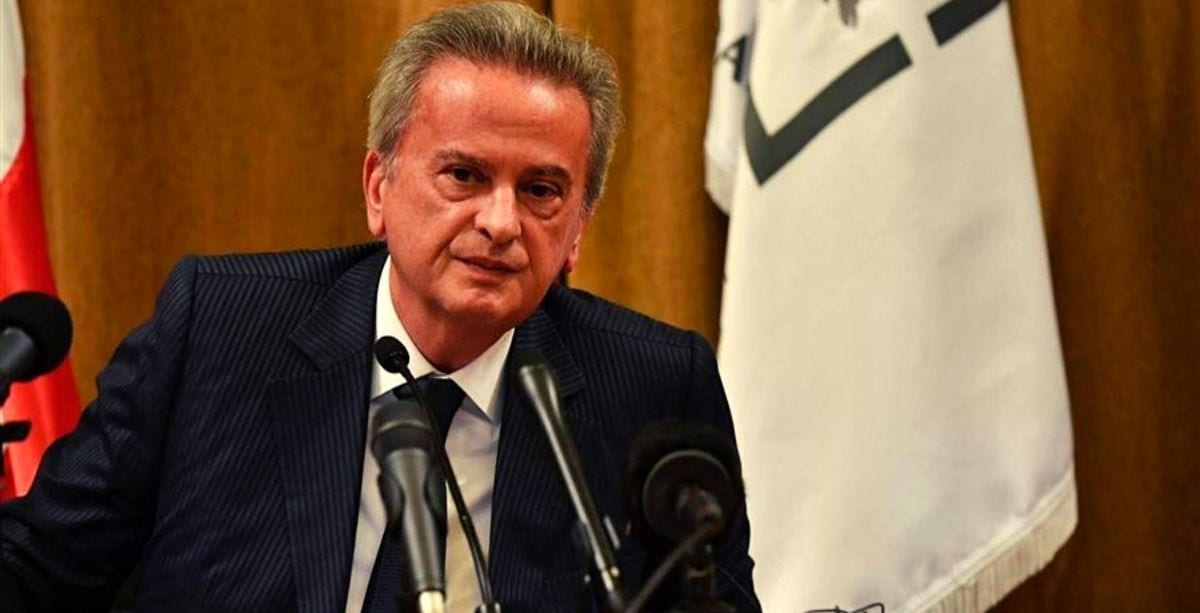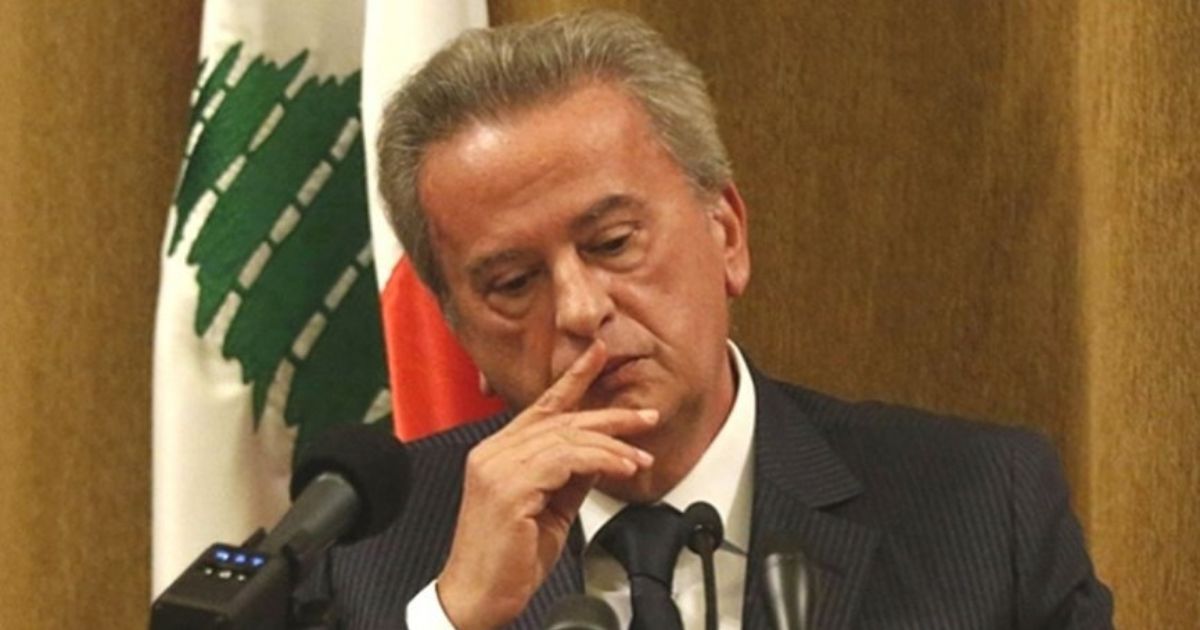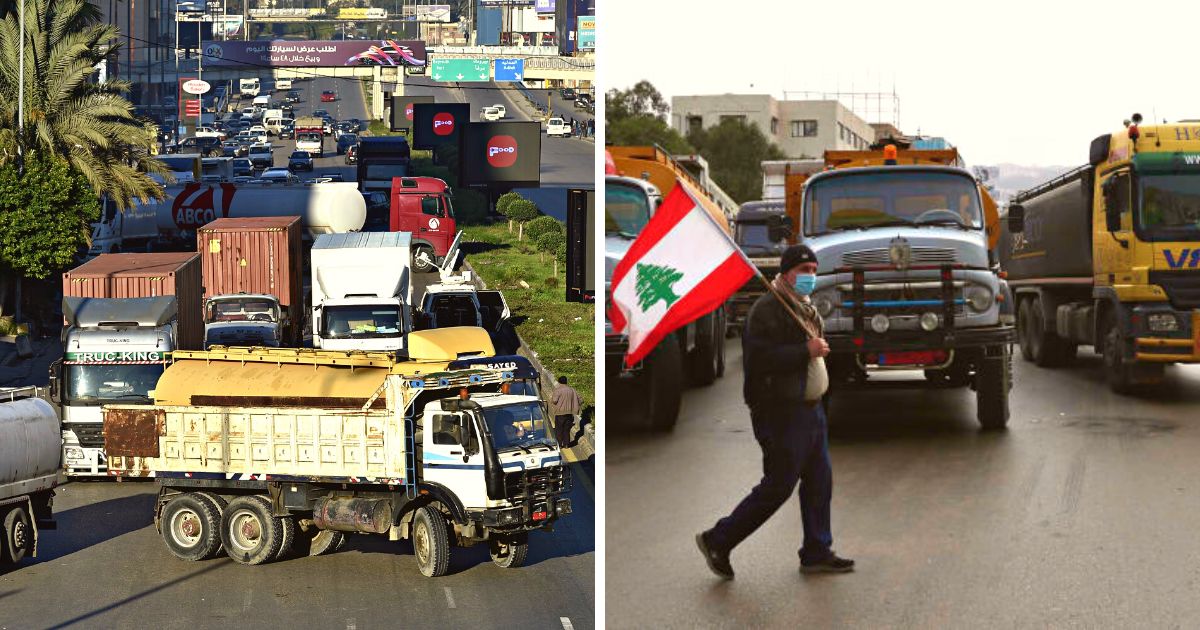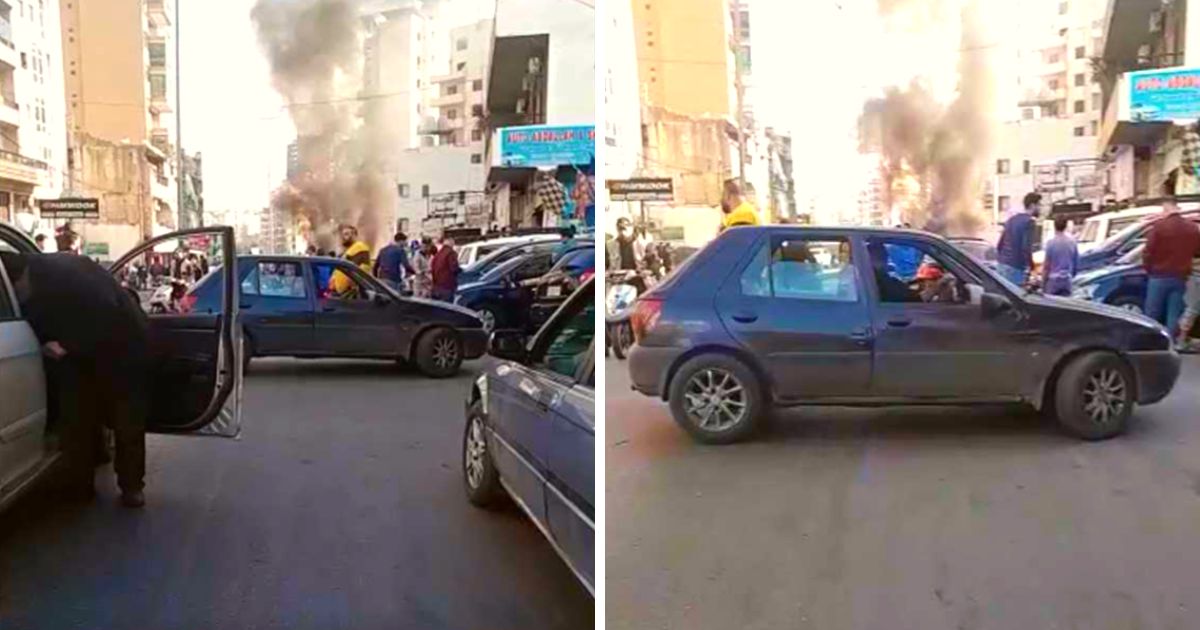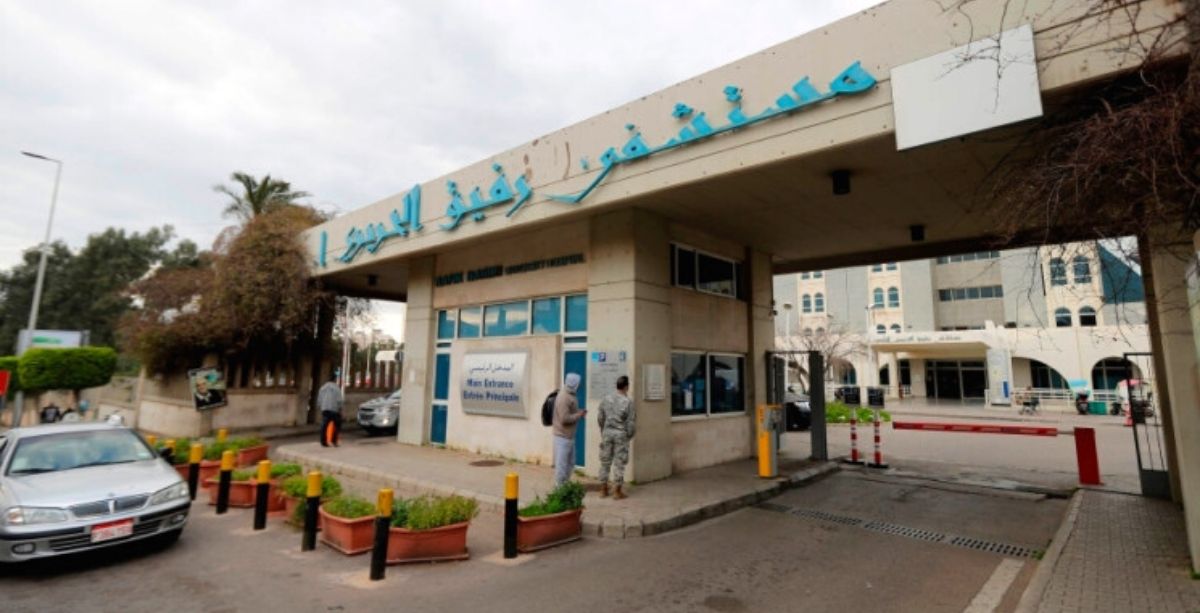Responding to an investigative article by Le Temps, which The961 reported about on Friday, Riad Salameh went on the offensive, accusing the Swiss daily of conspiracy against him and his investigation of suspicious insider trading in Lebanon.
Calling Le Temps “an armed wing” of these alleged defaulters, Salameh claimed – again – that he is a target of a campaign, including now Le Temps in the mix, which he accused of “fraudulent.”
He claimed that Le Temps published that report at a time when Lebanon is back on discussions with the IMF, which is, according to him, an indication of a plot to prevent Lebanon’s recovery.
Le Temps has revealed in its report by the investigative journalists Antoine Hariri and Clement Fayol that pertinent key data that could have spared Lebanon its current financial crisis was removed from a report by the International Monetary Fund (IMF) in 2016.
The Swiss daily stated that based on the original report in its possession, the information detailed in over a dozen pages, which were later deleted, shows a deficit of $4.7 billion, and reveals, among other matters, that the Lebanese banks didn’t have enough liquidity to face the imminent crisis.
Accordingly, the IMF warned back then that Lebanon was at the edge of a financial collapse.
Salameh denied the deletion of that crucial data and minimized, now again, his authority as the governor of the Central Bank of Lebanon in the discussions with the IMF back then.
And yet, Article 5 of the Lebanese legislation’s Decree 553 of 1990 makes Salameh “the privileged interlocutor of the international organizations,” as Le Temps pointed out on Tuesday in its response to Salameh’s accusations.
In that response, Le Temps went on to reveal new information involving Salameh, tapping into his argument of the said illegal internal trading that he claims investigating for a while.
When Lebanon was about to default on its debts early last year, “people who had bet against the country pocketed nearly $215 million thanks to the credit default swaps (CDS),” the Swiss daily noted.
The practice of CDS, which is a financial (insurance) coverage in case of default, is not illegal per se. However, the gains are deemed as such when the involved have any connection to the decision-making of the government or have pressured the Lebanese government to default on payments.
“Members of the Central Bank have been talking about this investigation for a year,” an anonymous source at the Lebanese Ministry of Justice told Le Temps. “But they didn’t do anything. If they have evidence and names, let them share it!”
As it appears, these have been only talks without any action.
Le Temps argued that “no act of investigation, or request for international cooperation, has been carried out, even though in this case, Riad Salameh is the sole master on board as director of the Special Investigation Commission (SIC), the body responsible for investigating financial crimes.”
In that respect, Beirut-based debt specialist and former Johns Hopkins University lecturer Mike Azar told Le Temps, “The idea that insiders bought CDS and then pressured the government to default on some payments doesn’t make much economic sense.”
He added that “if the Central Bank has evidence of insider trading or any other economic crime without acting or reporting it, that is a huge dereliction of duty.”

A statement that needs no convincing arguments for the Lebanese people who have been suffering the extreme consequences in Lebanon and overseas with the students stuck in financial hardships away from home.
In Lebanon, parents of these students and people who strongly believe that they cannot remain silent in front of such abuse of power have been protesting in front of banks and residences of banking officials.
And it hasn’t been going well for them. Their voices are not only echoing in deaf ears of those in charge but their demands for their rights to their money in banks have been met with assaults and violence.
Somehow, those in charge and their guards don’t seem to have been impacted by the restriction of access to their money in banks, or by the financial collapse, or by the economic crisis.
In a country where crimes by officials go unpunished, mudded by excuses and lack of accountability, and prosecutors get threatened and sued, like in the case of the Beirut Blast investigation, one could only question where and when (and if) the Rule of Law applies in Lebanon’s democracy.
